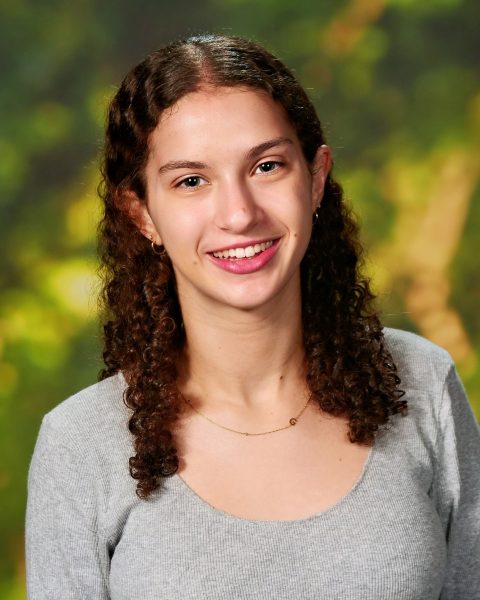Fasting frustrations: Students and staff alike struggle to observe fast days while at school
January 3, 2023
Many Jews often only recognize one major fast day of the year: Yom Kippur. But five other fast days exist on the Jewish calendar. Throughout the year, there is one other major and four minor fast days, three of which fall during the school year. Some more observant students and teachers are faced with the challenge of how to observe these fast days at school.
As the school day progresses on fast days, it becomes harder and harder for people who fast to focus. Junior Shiri Cohen said that it is challenging to complete work to the best of her ability on fast days, especially since students are always expected to be on their “A game.”
“[I] definitely feel drained and exhausted, but if you don’t feel drained or exhausted, are you really fasting correctly?” Cohen said.
While it can be challenging to focus on these days, some fasters realize that it helps them derive more meaning from the practice. Jewish Text teacher Reuvane Slater says that fast days help remind him that there are things that are out of his reach, and it is good to feel vulnerable sometimes.
“That concept is really important to me, that concept of just realizing that I’m not in control of everything,” Slater said. “It is a way where I can take out time to realize that in spite of everything, I’m not in control.”
On fast days, the school modifies the schedule to help people observe the fast day. There is a longer Zman Kodesh and an optional Mincha service. Also, teachers aren’t allowed to assign tests or quizzes.
High school math teacher and Chair of Jewish Life Robbie Shorr observes fast days himself and understands the struggles that students have to go through when attending school while fasting. He said that he tries, and suggests that other teachers try, to schedule less intense lessons on fast days, but he understands that sometimes this isn’t always possible.
“I think it is important for teachers to be able to go on as planned,” Shorr said. “But at the same time, I just want us to be able to be aware and understanding of people who are fasting.”
But in practice, Cohen said that she doesn’t really feel supported on fast days unless she reaches out to teachers. She would appreciate teachers tweaking their lesson plans to accommodate fasters, and teachers and administration checking in with those who fast. Furthermore, she said that even though extensions are limitless to a degree, it is frustrating that she has to take one just because she is fasting, while other students can get it done in class.
Cohen feels as though many people aren’t aware of fast days and that they are treated too much like “regular day[s].” She thinks that more education on the topic will help the student body be more aware and respect those around them. That could include having special programming, or even including it in the announcements which would help highlight the importance and significance of the day.
Shorr and Slater both like to share with their students the reasons why they fast and the meaning behind it. They find it is important for their students to try to connect to these fast days, and wish that every other student could get the same opportunity.
“Just making [others] more aware and giving more respect that day, while still making sure that everyone’s practicing the way they want to practice,” Cohen said. “[Whether that is] actually fasting, or just learning about it.”








